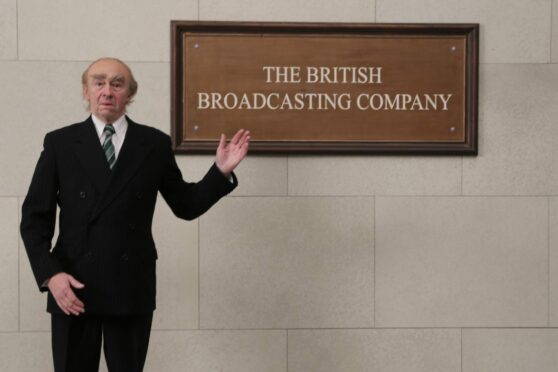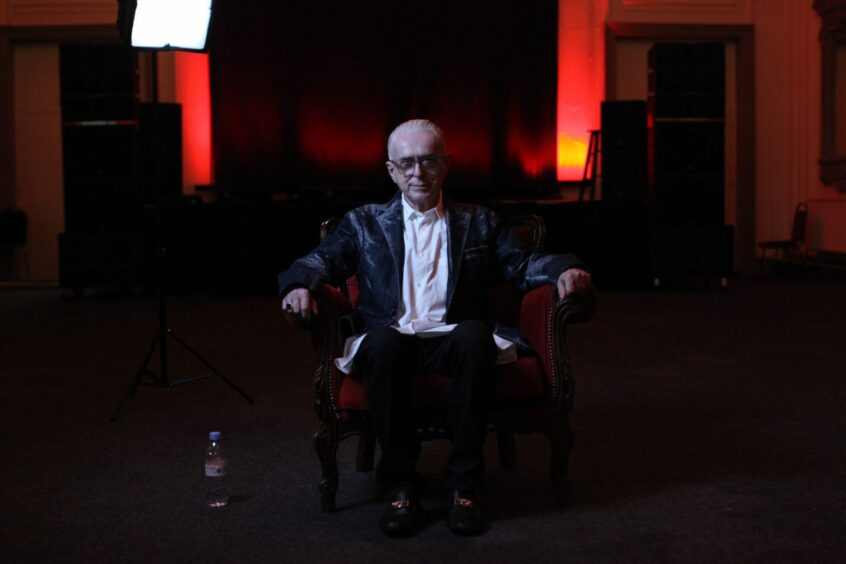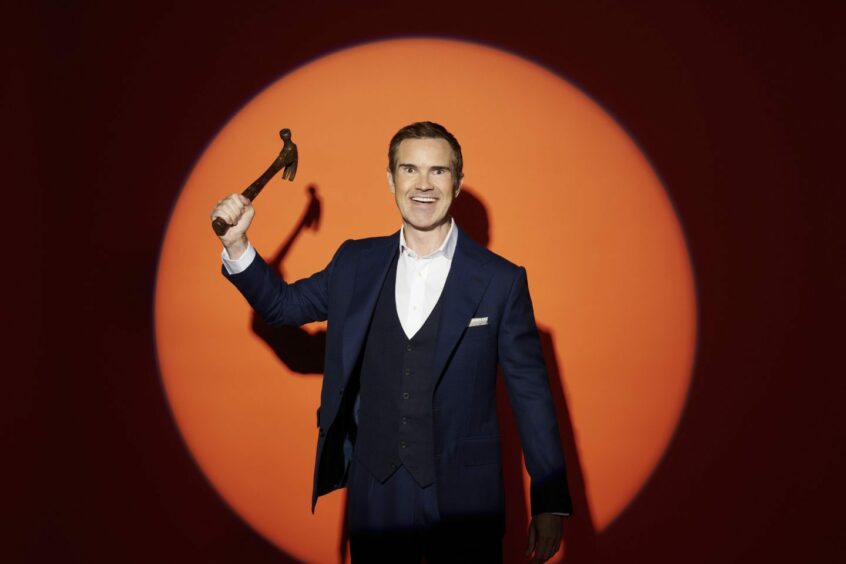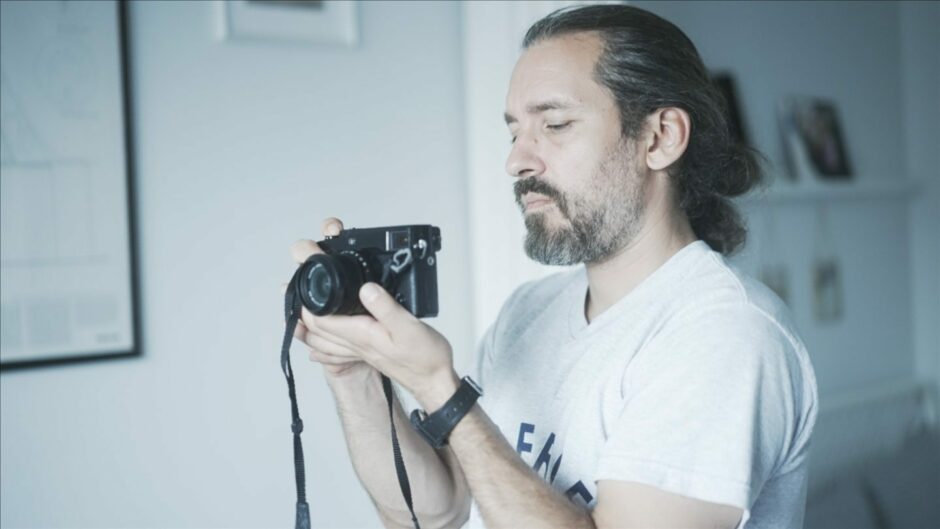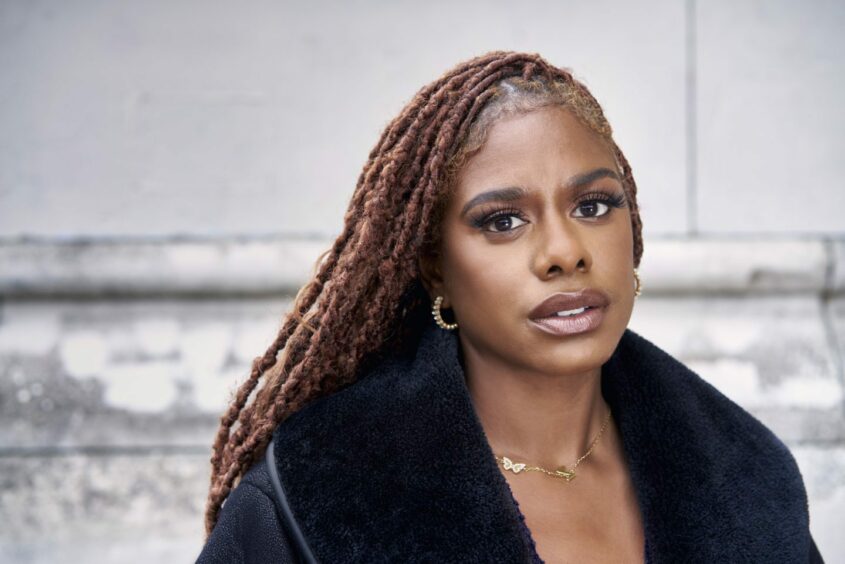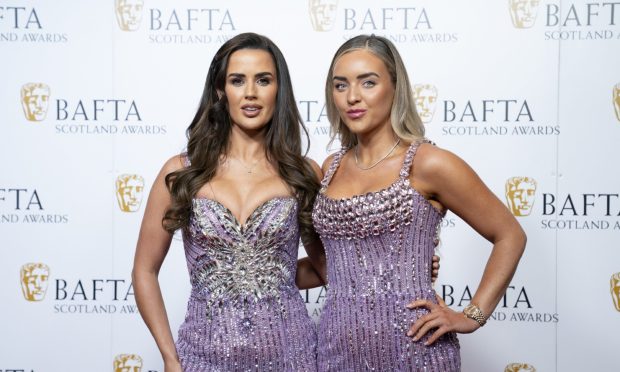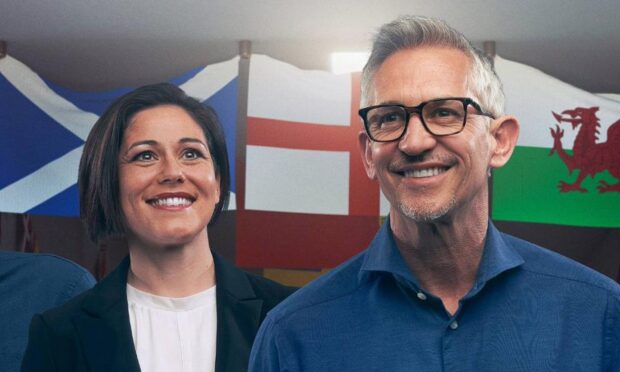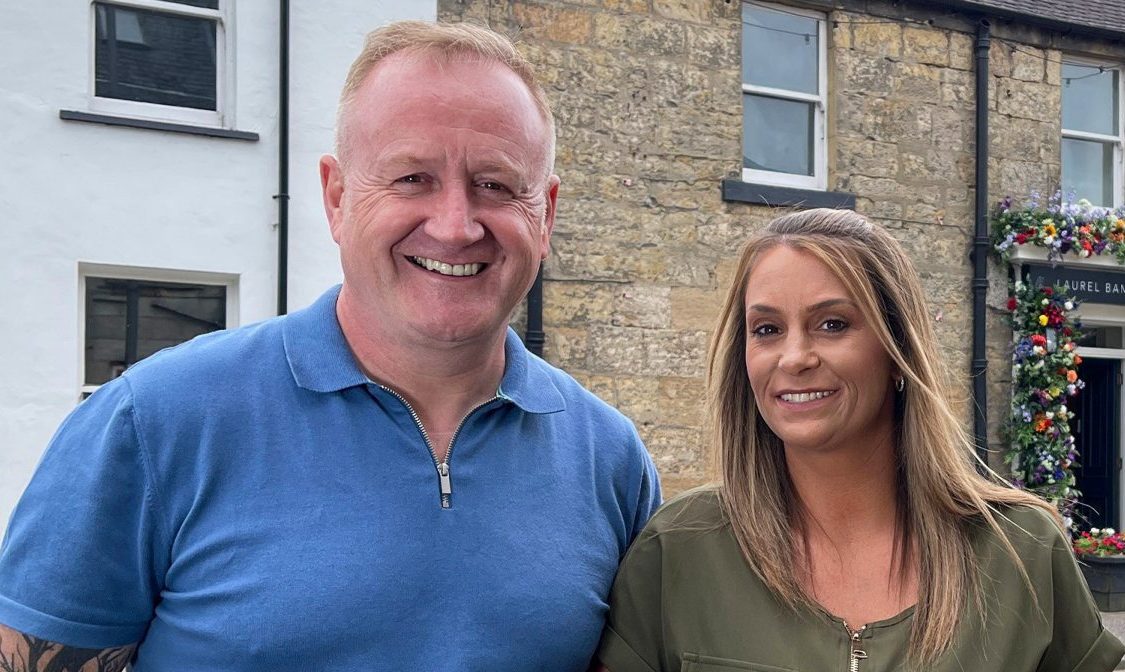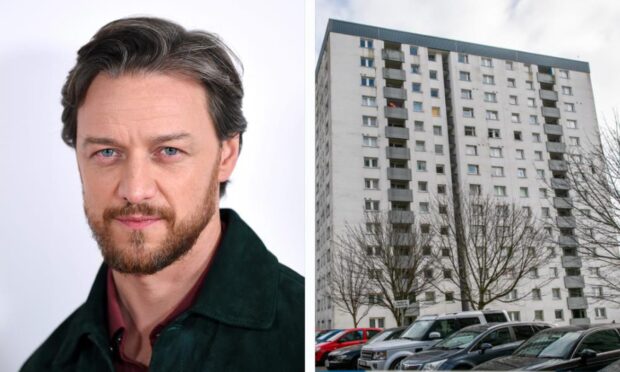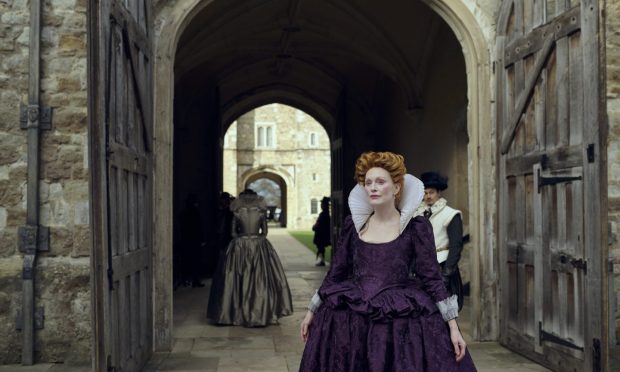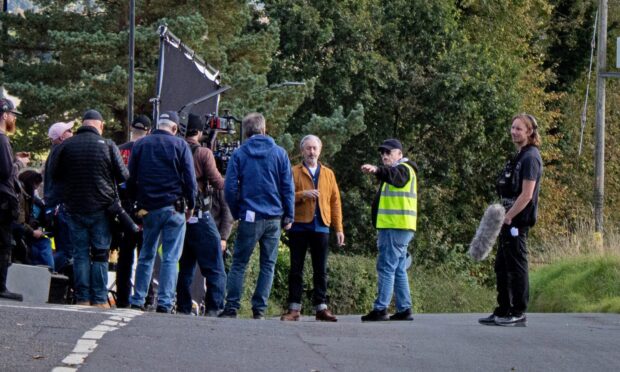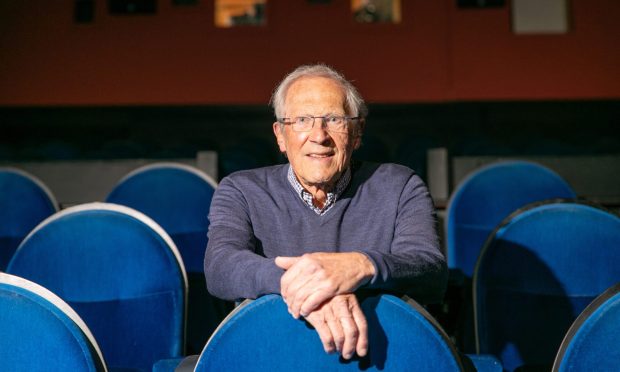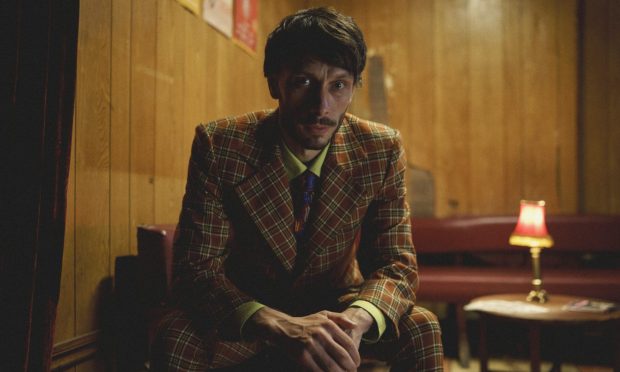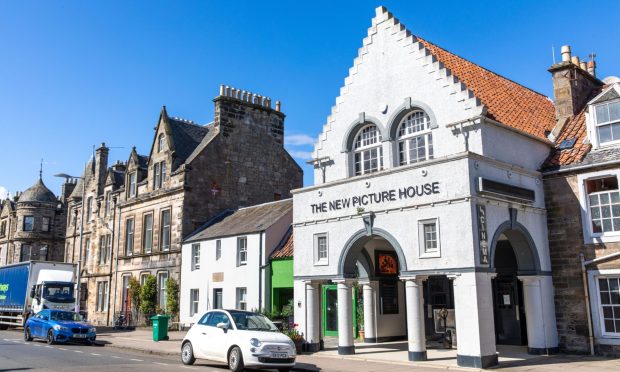The Love Box in Your Living Room – Thursday, BBC Two, 9pm
Harry Enfield and Paul Whitehouse’s contribution to the BBC’s centenary is this very funny spoof documentary about the corporation’s history. All entirely fabricated, yet partially grounded in reality. It’s presented in the signature style of documentarian Adam Curtis; as we’ve come to expect, their attention to detail is almost entirely flawless. Fans of Smashie & Nicey: End of an Era and their fiftieth anniversary ‘tribute’ to BBC Two, Story of the 2s will know that spoof documentaries are an ideal format for Enfield and Whitehouse. They can pack loads of silly gags into an hour, while also delivering some sharp, angry, heartfelt satire. Love Box gleefully mocks the BBC while attacking those who seek to destroy it. It’s delightful.
Made in the ‘80s: The Decade That Shaped Our World – Monday, Channel 4, 9pm
Deeley Boppers! The Rubik’s Cube! Black Lace! Weren’t the ‘80s great? Such a laugh. Good times. That heavy-handed sarcasm will give you an idea of where this new series is coming from. Preview copies weren’t available, but it sounds like a sombre documentary antidote to lazy, trite nostalgia. It begins with Britain anxiously awaiting the very real threat of nuclear Armageddon. We’re reminded of the various ad men and artists who reflected that terrifying epoch in their confrontational work. It also recounts the story of several brave women who stood up against the American military industrial complex, and an unsung spy who apparently saved us all from oblivion. Fingers crossed, it could be fascinating.
Jimmy Carr Destroys Art – Tuesday, Channel 4, 9:15pm
Seeing as its only reason for existing is to generate headlines, you’ve probably read about this programme in which Carr, following a no doubt nuanced studio debate about censorship, will literally destroy an artwork created by an awful person. The artists under review include Hitler, Picasso and Rolf Harris. Yes, I know. Pure Brass Eye. I understand why Channel 4 are doing this, it’s a desperate attempt to remind viewers of its provocative origins. One in the eye for the right-wing politicians who argue that it provides no alternative to its competitors, hence why it should be sold off. I don’t want that to happen, obviously, but I daresay this isn’t the ideal form of protest.
Kids’ TV: The Surprising Story – Wednesday, BBC One, 9pm
The BBC’s centenary celebrations continue with this insightful essay from former Blue Peter presenter Konnie Huq. Children’s programmes have always been one of the most important facets of the BBC’s output. They’ve shaped lives and attitudes. They’ve encouraged diversity and understanding. Huq interviews luminaries such as Johnny Ball, Floella Benjamin, Cerrie Burnell, Sarah Greene and Phil Redmond. This is no mere exercise in cosy nostalgia, it’s a considered study of how certain pioneering programme-makers and gifted presenters have made a hugely positive impact on British culture. As Redmond, the architect of Grange Hill, says: “Kids’ TV can be pure entertainment, or actually help people navigate society. You’re not alone… everything you’ve been through, somebody else has been through.”
Grand Designs – Wednesday, Channel 4, 9pm
This week, hard-hatted Kevin McCloud revisits Vicky and Ed, who – full disclosure, I’m quoting from the press release here – “in 2015 broke free from the shackles of their hectic London lives to try to build a new life in the Somerset countryside.” Pretty much yer standard Grand Designs set-up, and you can absolutely guarantee that McCloud has no memories of Vicky and Ed. These people are just a blur to him. Vicky and Ed, like most foolhardy Grand Designs contributors, have invested all their money in a massively ambitious building project. Why bother? Just, if you can, find a nice house and enjoy life. Get a cat. Order some cushions online. No one needs this ridiculous hassle.
Inside Russia: Putin’s War At Home – Thursday, STV, 10.45pm
Another edition of ITV’s award-winning Exposure strand – they broke the Jimmy Savile scandal back in 2012 – this documentary, which was filmed in secrecy, gives voice to defiant Russians who have refused to remain silent in the wake of Putin’s invasion of Ukraine. By standing up against their authoritarian ruler, these brave people are risking their lives so that we can gain a greater understanding of the situation. One of the key contributors is Vasiliy, a Russian journalist and filmmaker. “All the laws are really vague in Russia,” he says. “To me operating in this kind of environment is very difficult. You start getting a little bit paranoid. It’s uncomfortable in an emotional way.”
Young, Black and Right-Wing – Thursday, Channel 4, 11:05pm
Zeze Millz, who hosts this documentary, is a controversial figure. A woman of colour, her views are often categorised as right-wing: antithetical to the innate needs and values of her community. She regards herself as someone who cannot be easily placed on the political spectrum. Her argument, broadly speaking, is that Black people who have a socially conservative outlook shouldn’t be blithely disregarded as a homogenous sector of society incapable of nuanced debate. Millz’s report wasn’t available for preview, so I’m not qualified to comment on what it entails, but it does sound interesting. As always, I bring these programmes to your attention for that very reason.
